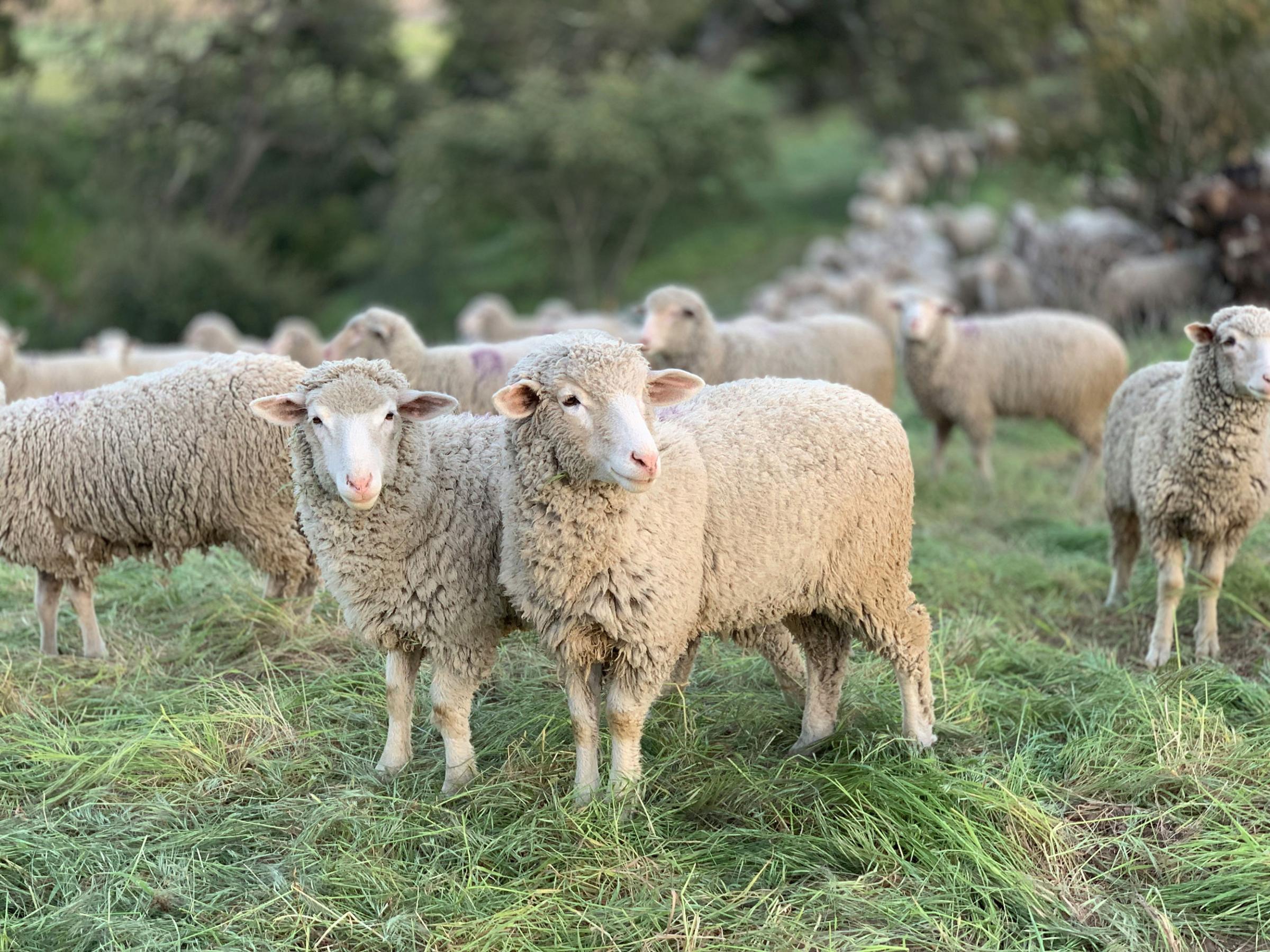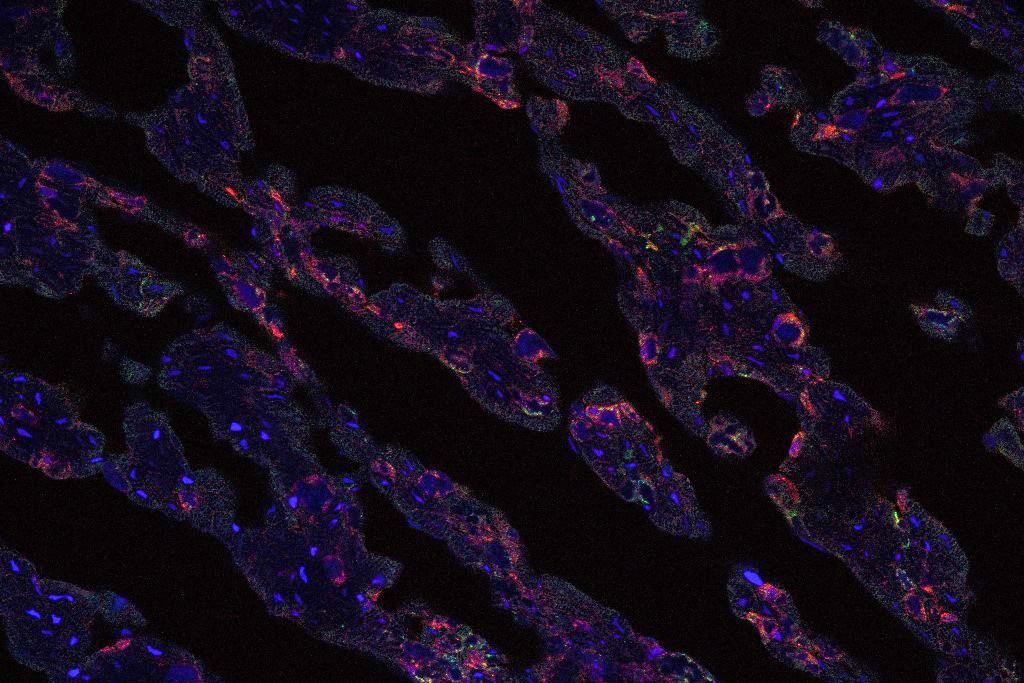Scientists at the Moredun Research Institute, near Edinburgh, and The Pirbright Institute have been awarded a £1.7 million grant over three years by the Bill & Melinda Gates Foundation to develop a vaccine against a life-threatening parasite of sheep and goats.
The parasite, barber’s pole worm (Haemonchus contortus), is the most economically damaging parasitic nematode of sheep and goats worldwide.
It is widely distributed throughout the tropics and sub-tropics where it severely impacts livestock production in all farming types from subsistence through to large commercial production.
Warmer and wetter weather created by climate change is increasing the number of cases in temperate regions, including the UK.
The main clinical signs of disease relate to the parasite’s blood-feeding behaviour, leading to anaemia, weakness and death.
Although originally controlled using medicines (“wormers”), resistance against these wormers is now widespread in barber’s pole worm and a new solution to control the parasites is urgently needed. A currently available vaccine, generated from extracts of the worm’s gut, is difficult, expensive to produce and is not affordable for many livestock producers in low to middle-income countries.
This led scientists at Moredun and Pirbright to develop a new, inexpensive vaccine using emerging monoclonal antibody technology. The technology will allow the scientists to pinpoint a known weak spot in the parasite’s gut, which can be targeted by vaccination. The novel method means a vaccine could be manufactured in a laboratory at a relatively low cost.
Professor Tom McNeilly, Scientific Director of the Moredun Research Institute and Principal Investigator on the project said: “This partnership will use novel and emerging technologies to produce a vaccine which has the potential to allow livestock producers throughout low to middle-income countries to put animal health and welfare at the centre of ensuring their livelihoods and food security in the region.”
Professor John Hammond, Director of Research, The Pirbright Institute, said: “This project to tackle an important parasitic roundworm is an excellent example of how antibody techniques developed at Pirbright can now be applied broadly to support vaccine development in different animals against a range of diseases. Our Antibody Hub, funded through the Bill & Melinda Gates Foundation, provides the tools we need to discover, manipulate and test antibodies that can underpin next-generation vaccines.”

